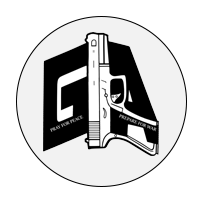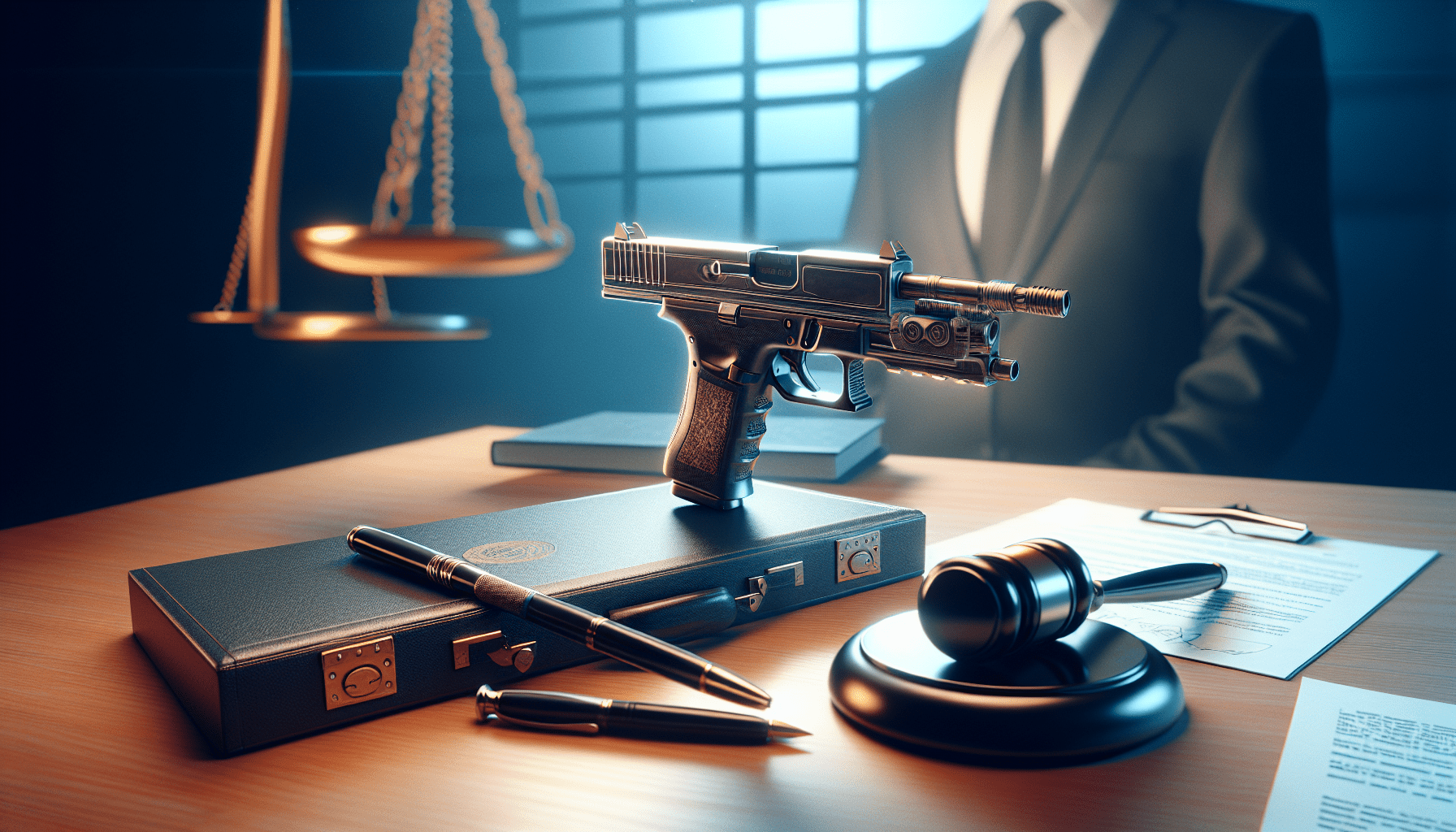Have you ever found yourself contemplating the process of selling or trading your firearm, only to be bogged down by the myriad of legalities? It’s a common scenario, given the layers of laws and regulations that must be navigated. In this friendly guide, we will walk you through the wickets of legal firearm transactions in as straightforward a manner as possible, offering you some much-needed clarity on this often convoluted topic.
Understanding Federal Firearm Laws
Selling or trading firearms is a bit like dancing in a minefield of legal stipulations. It’s crucial to be aware of federal firearms laws to ensure that each step you take is within the boundaries of the law. Federal laws form the baseline for firearm regulations in the United States, and compliance is not optional—it’s mandatory.
The Gun Control Act of 1968
At the heart of federal firearm regulation is the Gun Control Act of 1968. This landmark law regulates the manufacture, sale, and transfer of firearms, and lays out the framework within which all firearm transactions occur. It mandates that anyone selling firearms commercially must have a Federal Firearms License (FFL). This isn’t just a suggestion; it’s a cornerstone of legal compliance.
The Role of the Bureau of Alcohol, Tobacco, Firearms and Explosives (ATF)
The ATF serves as the enforcer of federal firearm laws. It’s their business—literally—to ensure all firearm sales adhere to legislation. If you’re considering selling or trading a firearm, understanding the role of the ATF isn’t just useful; it’s essential. They oversee the background check system and enforce regulations that prevent firearms from ending up in the wrong hands.
Navigating State Laws and Regulations
Once you’ve got a solid grasp on federal laws, the next layer of complexity is your state’s firearm laws. Every state has its unique take on gun regulation, which often includes additional requirements or restrictions.
Variability Across States
What is entirely acceptable in one state may be a grievous error in another. States have the power to impose further restrictions on firearm transactions, such as mandatory waiting periods or additional background checks. Familiarize yourself with the specifics of your state’s laws to avoid any inadvertent legal missteps.
Private Sales and State Regulations
Many people believe that private firearm sales are free from legal oversight. This is a misconception. Most states regulate private sales to some extent. For instance, in California, all firearm sales must be conducted through a licensed dealer, bypassing this requirement could result in severe penalties.

Steps to Selling Your Firearm Legally
By now, you might be wondering how this information translates into action. Fear not, the following sections will provide a step-by-step guide on how to sell your firearm legally and responsibly.
Determine Eligibility
Before putting your firearm up for sale, ensure you are legally able to do so. As an individual, you don’t need an FFL to sell firearms occasionally, but if selling becomes a frequent activity, securing an FFL becomes non-negotiable.
Background Checks
Whether you’re selling at a gun show, online, or face-to-face, conducting a background check on a potential buyer is vital. It’s not just a box to tick—it’s a critical step in ensuring firearms don’t fall into unsafe hands.
Table: Background Check Requirements
| Situation | Requirement |
|---|---|
| Selling Commercially | Mandatory to conduct a background check using FFL services. |
| Private Sale (Dependent on State) | Often encouraged or required depending on state laws. |
Documentation
Keep meticulous documentation of any transactions. A bill of sale, which includes the make, model, and serial number of the firearm, along with buyer details, should be prepared. This not only serves as a personal record but also as protection in legal matters.
Trading Your Firearm
Trading a firearm entails a slightly different set of considerations compared to selling. It involves more than just swapping items; it’s still regulated by federal and sometimes state laws.
The Mechanics of a Firearm Trade
It’s crucial to remember that when you’re trading a firearm, the other party must also meet the legal requirements for firearms ownership. Both parties should complete a transfer via an FFL, especially to ensure proper background checks are conducted.
Evaluating the Value of Your Firearm
Understanding the market value of your firearm is essential when entering a trade. Consider factors like age, condition, rarity, and market demand. Websites and appraisals from reputable dealers can provide insight into an appropriate valuation.

Potential Pitfalls and How to Avoid Them
No one ever said the path to legal firearm transactions was without its challenges. Like a cautious overstepping of Lego bricks in the dark, predicting potential pitfalls can save you a great deal of trouble.
Avoiding Unlicensed Dealers
While it’s tempting to take shortcuts, never trade or sell through individuals or small shops that aren’t licensed. The allure of convenience isn’t worth the legal risk.
Mindful of Public Spaces
Facilitating a firearm sale or trade in a public setting—such as a parking lot or neutral location—should be approached with caution. Ensure both parties feel safe, and choose a well-lit, busy area. Never compromise safety for convenience.
Why You Should Visit Green Line Arms
When it boils down to responsible firearm transactions, having professional guidance can make all the difference. At Green Line Arms in Pensacola, Florida, you’ll find a knowledgeable team ready to assist you with their deep expertise and reliable advice. Not only do they offer top-notch firearms and accessories, but they also provide training programs that emphasize safety and responsibility.
Green Line Arms’ commitment to promoting responsible gun ownership ensures that you’re in good hands, whether you’re selling, trading, or simply learning. Their virtual shooting range and educational experiences are designed to enhance your skills and build on your knowledge.
Conclusion
Selling or trading a firearm legally is not just about keeping within the bounds of law—it’s about exercising responsible ownership. Navigating federal and state laws, ensuring thorough background checks, and documenting transactions are vital steps in maintaining the integrity of the firearm community.
Next time you’re contemplating buying or selling a firearm, take a moment to reflect on all you’ve learned. Approach the process with the confidence of someone well-versed in lawful, responsible firearm ownership, and never hesitate to consult with professionals like those at Green Line Arms to ensure your decisions are informed and sound.
By engaging with this process thoughtfully and methodically, you’re not just complying with the law; you’re becoming a model of responsible firearm ownership. These actions contribute to fostering safer communities and uphold the noble tradition of conscientious gun ownership.
While the intricacies of legal firearm transactions can seem daunting, your dedication to learning and understanding sets you in good stead. Whether for selling, trading, or simply keeping your knowledge sharp, never underestimate the value of being informed. Your journey in responsible firearm ownership is just beginning—who knows what the next chapter may hold?




